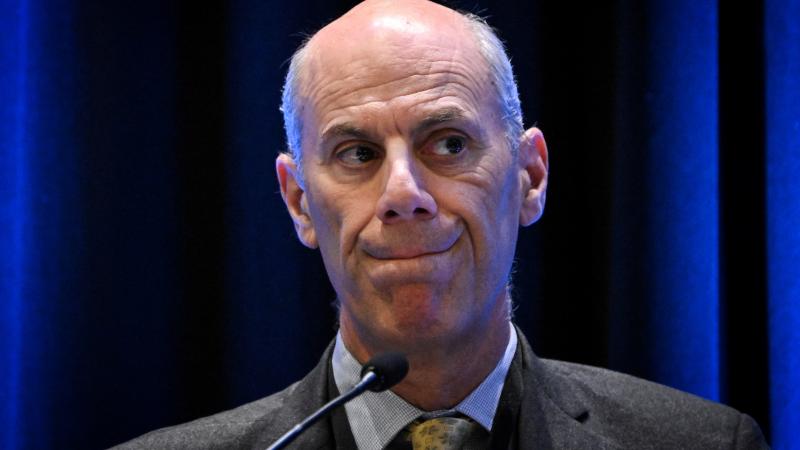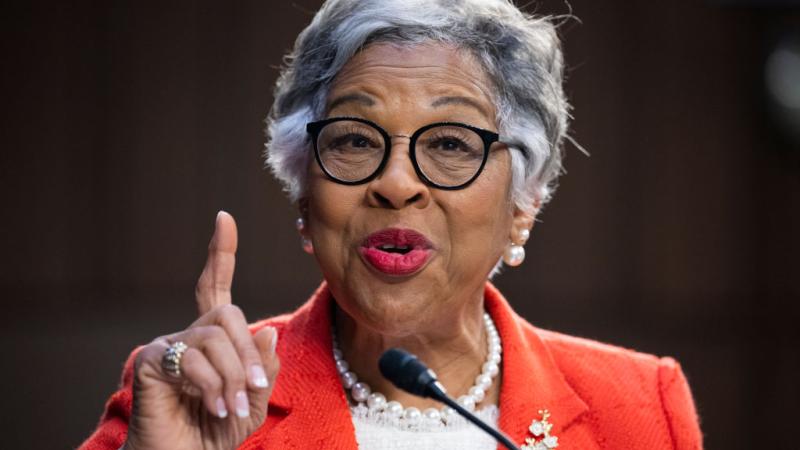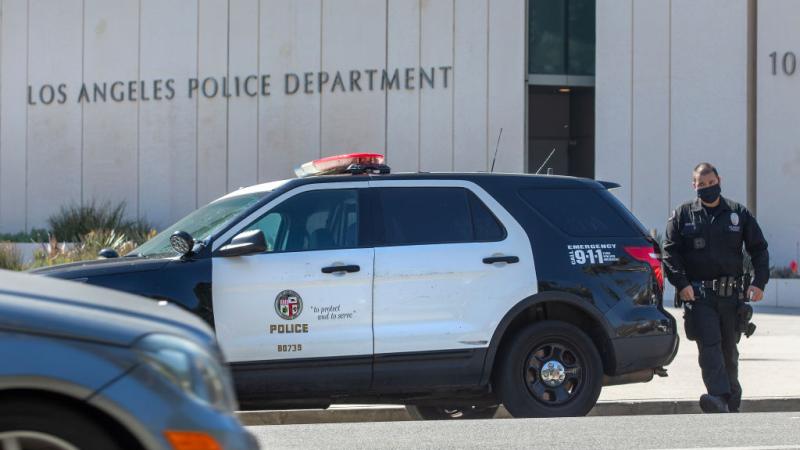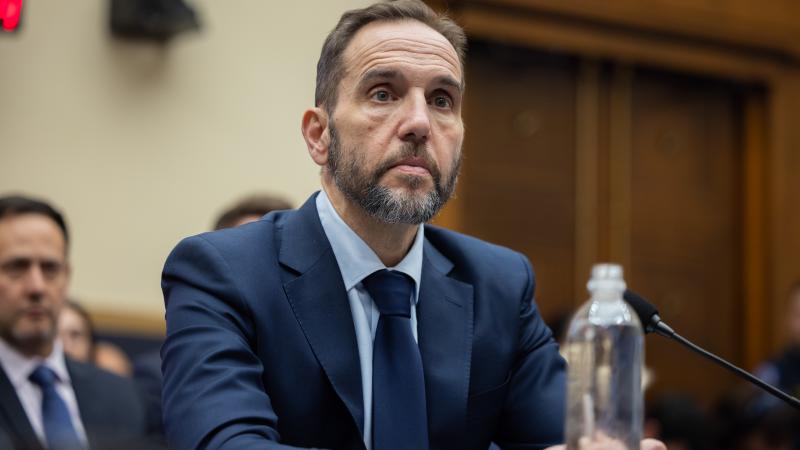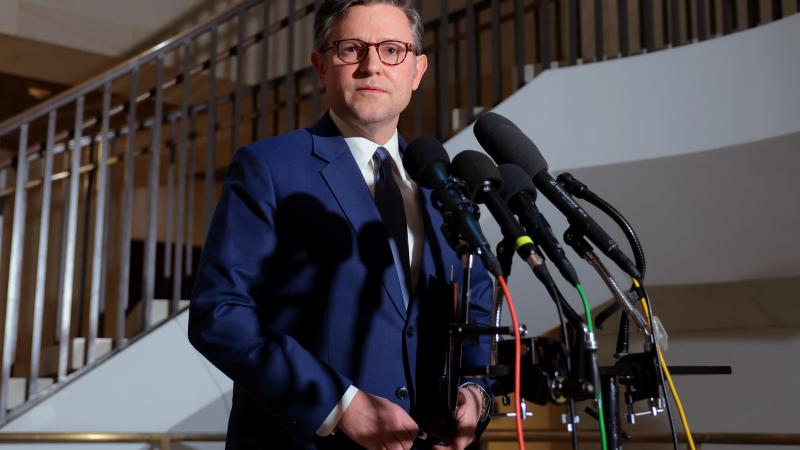Jury holds pharmacies accountable for role in Ohio opioid epidemic
This is the first case where pharmacy companies completed a trial to defend themselves in the opioid epidemic.
A federal jury determined on Tuesday that CVS, Walgreens and Walmart pharmacies had recklessly distributed massive amounts of pain pills in the Ohio counties of Lake and Trumbull.
The two counties claimed the three chain pharmacies were responsible for not preventing a flood of pills from causing hundreds of overdose deaths and costing each county about $1 billion, according to the counties' lawyer, The Associated Press reported.
A federal judge will decide in the spring on how much the pharmacies must pay in damages.
This is the first case where pharmacy companies completed a trial to defend themselves in the opioid epidemic, which reportedly has killed 500,000 Americans over the past 20 years.
Courts and social services agencies in the blue-collar corner of Ohio, east of Cleveland, have been overwhelmed by the opioid crisis, Mark Lanier, an attorney for the counties, told the jury.
Between 2012 and 2016, about 80 million prescription painkillers were distributed in Trumbull County, which is equivalent to 400 for every resident. Approximately 61 million pain pills were dispensed in Lake County during the same timeframe, according to the AP.
The jury was convinced by the counties that the pharmacies played a significant role in causing a public nuisance by how they distributed the pain medication throughout their communities.
"The law requires pharmacies to be diligent in dealing drugs," Lanier said. "This case should be a wake-up call that failure will not be accepted."
"The jury sounded a bell that should be heard through all pharmacies in America," he added.
CVSHealth, Walgreens Co., and Walmart Inc. are planning on appealing the ruling, the news wire reported.
The attorneys for the pharmacy chains said they had policies in place to slow the distribution of pills when their pharmacists were concerned, and notified authorities about doctors' suspicious orders. They added that doctors control the amount of pills prescribed for legitimate medical needs.
In a statement from Walmart, the company said the counties' attorneys sued "in search of deep pockets while ignoring the real causes of the opioid crisis — such as pill mill doctors, illegal drugs, and regulators asleep at the switch — and they wrongly claimed pharmacists must second-guess doctors in a way the law never intended and many federal and state health regulators say interferes with the doctor-patient relationship."
Fraser Engerman, a Walgreens spokesperson, said in a statement that the case was an unsustainable effort "to resolve the opioid crisis with an unprecedented expansion of public nuisance law."
Walgreens "never manufactured or marketed opioids nor did we distribute them to the ‘pill mills’ and internet pharmacies that fueled this crisis."
CVS spokesperson Mike DeAngelis said in a statement: "As plaintiffs' own experts testified, many factors have contributed to the opioid abuse issue, and solving this problem will require involvement from all stakeholders in our health care system and all members of our community."
The local governments' committee of lawyers that suing the drug industry in federal courts called the verdict "a milestone victory" and "overdue reckoning," according to the AP.
"For decades, pharmacy chains have watched as the pills flowing out of their doors cause harm and failed to take action as required by law," the committee's statement said. "Instead, these companies responded by opening up more locations, flooding communities with pills, and facilitating the flow of opioids into an illegal, secondary market."
This trial was part of a broader group of about 3,000 federal opioid lawsuits that were consolidated under the supervision of the judge, U.S. District Judge Dan Polster in Cleveland. Other cases are making their way through state courts, the news outlet reported.

